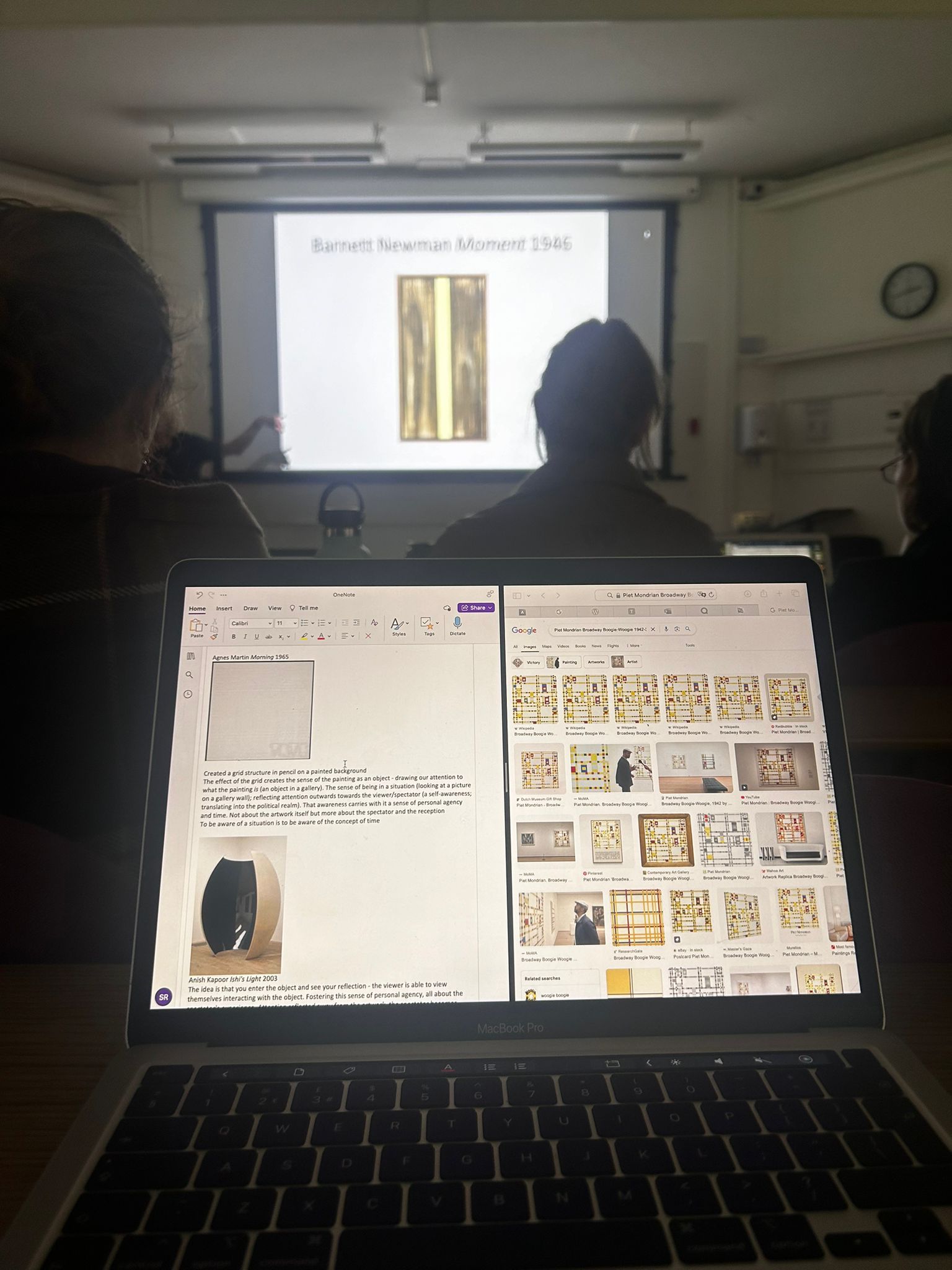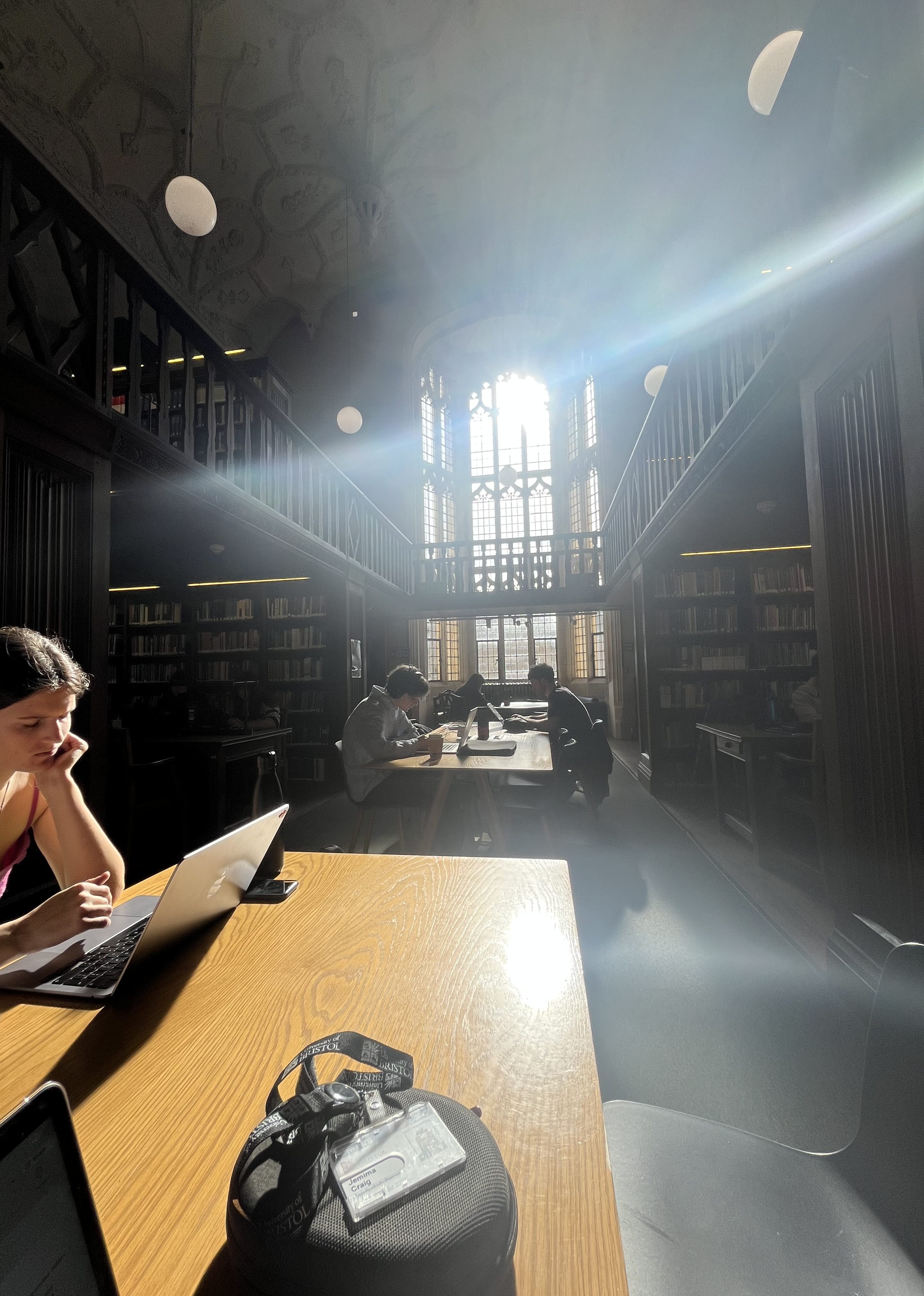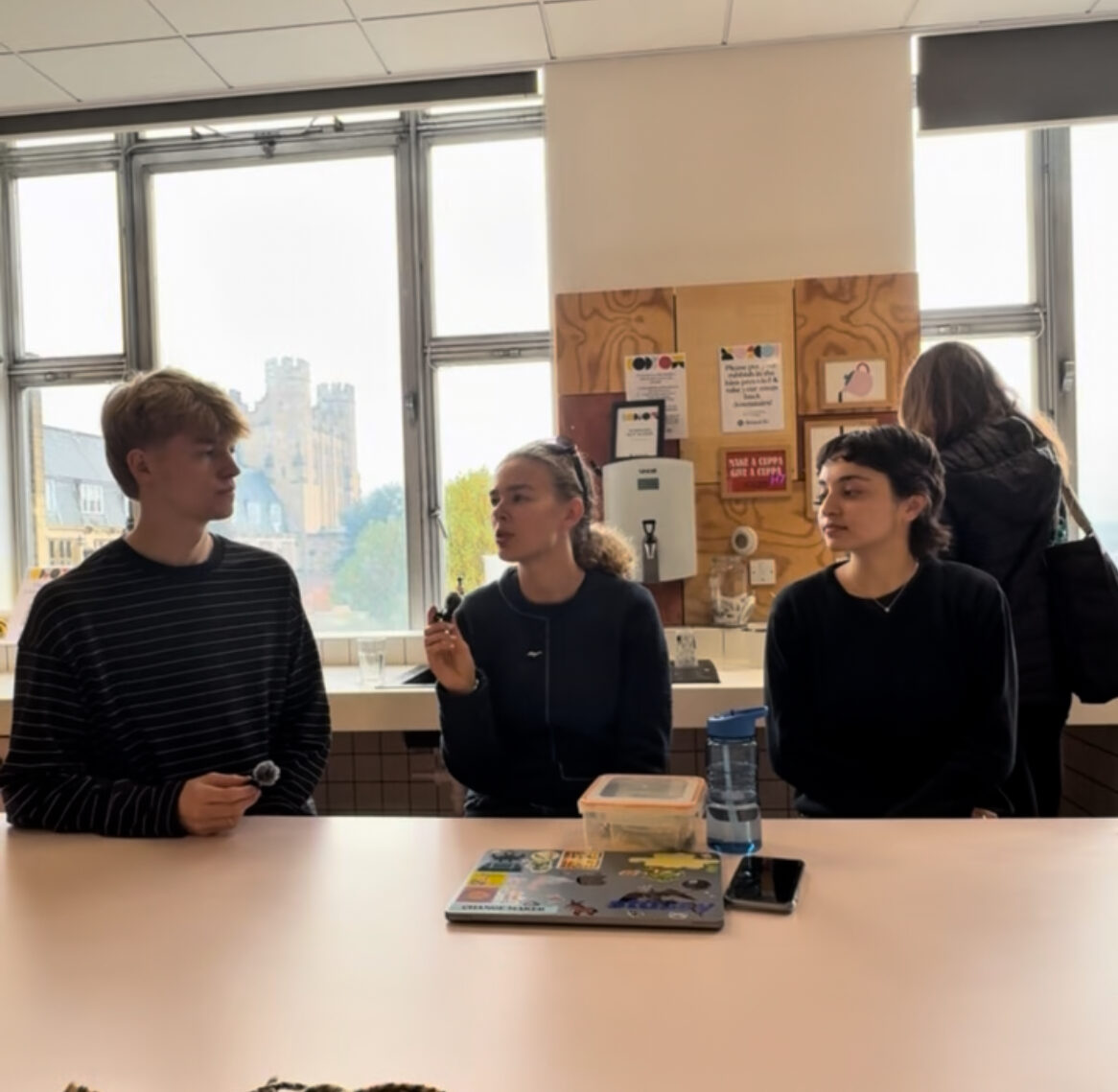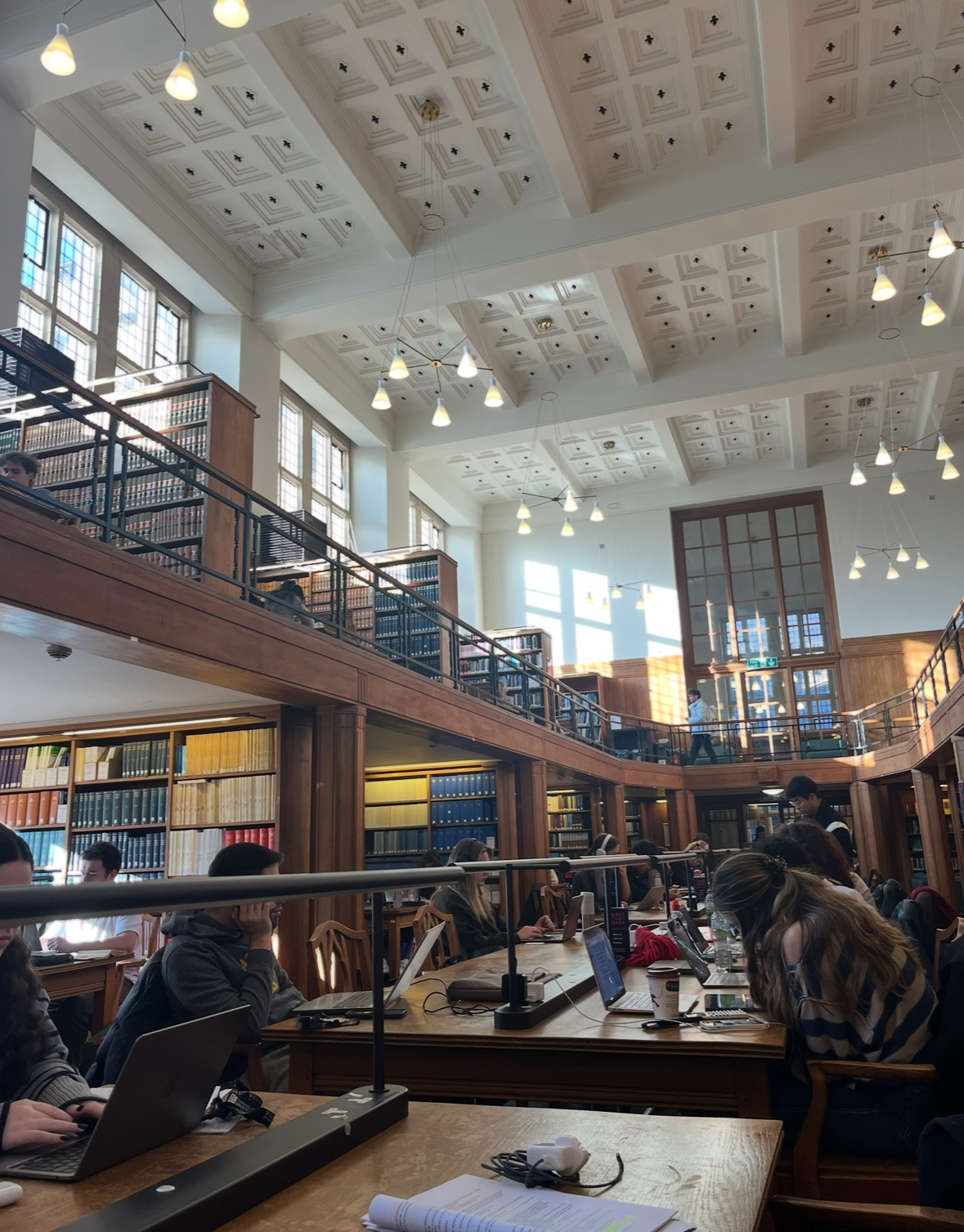There’s a certain pressure around university when you go home to see your family and they ask you a million questions about life, love and, most importantly, your degree. But do we always have something good to say? With the staggering rise in graduate unemployment, sometimes it can make you think, “why am I doing this?”
The truth is, you’re not alone if the whole thing sometimes feels like a very expensive and very stressful existential crisis. Everyone always talks about “finding your passion,” but what is ignored is the fact that passion can waver. You can love your degree on Monday and absolutely question your entire life choices by Wednesday afternoon. That doesn’t make you flaky; it makes you a student.

Because the outside world seemingly expects us to be blissfully obsessed with our subject 24/7, we can end up performing enthusiasm rather than actually feeling it. We smile, pretend we read the 60 page seminar reading and tell our families we’re “really enjoying it,” yet sometimes it can feel like we’ve accidentally enrolled on the wrong life.
Honestly? November does not help. There’s something uniquely brutal about being a student this time of year. The clocks change, everything gets dark at 4pm, seminar rooms feel colder, deadlines multiply like fruit flies and everyone’s running on the promise of Christmas break. Suddenly, the degree you tolerated in October feels 100 times heavier. It’s not that you suddenly hate your subject, it’s that everything else around it becomes harder to carry.
Job Market crisis
Combine that with the background noise of the job market, headlines about graduate unemployment rising, or warnings that AI is snapping up entry-level tasks, it’s no surprise students feel an extra layer of panic.
When even The Guardian is writing about how young talent risks being overshadowed by “the AI efficiency drive,” it kind of kills the whole “follow your passion” mantra. How are we supposed to fully love our degrees when we’re not even sure there’ll be a real job waiting at the end of them?
Expectation vs reality

When you think about it, most of us picked our degrees at 17, an age where you can’t legally even buy a pint, yet you’re expected to make a decision that supposedly shapes your entire future.
Then suddenly you fast-forward to being 20 or 21, knee-deep in dense readings and referencing styles. It’s not that the subject necessarily changes; it’s that you do. The version of you who applied at 17 isn’t always the version of you who shows up to lectures now, wondering why past you wasn’t a bit more realistic.

There’s also the identity crisis that universities accidentally hand you along with your student ID. You get labelled by your degree the moment you arrive, economists, chemists, medics, historians, as if choosing a subject automatically makes you a fully formed version of that profession. Except it doesn’t. I mean, they can call us art historians all they like, but I promise you I am not, and will never be, an art historian in any meaningful sense of the word.
Half the time I feel like someone who just happens to be temporarily trapped in a degree filled with primary sources and seminars. That mismatch between what you study and who you feel you are can be weirdly disorienting, especially when the world around you pretends they should be the same thing.

So if you’re not feeling overwhelmed with enthusiasm, especially in November, it doesn’t mean you chose the wrong path. It doesn’t mean your degree is suddenly worthless because the job market looks uncertain. It just means you’re human, in a difficult phase of the academic year while juggling wider pressures that genuinely weren’t as intense a decade ago.
Loving your degree isn’t a constant state of romantic academic bliss; it’s a fluctuating, imperfect relationship. That’s because university is about way more than what you study. It’s the friendships you build, the independence you figure out, the nights that end with chips on the Triangle, the ridiculous stories you’ll laugh about in ten years. Your degree is only one part of the puzzle that is student life.
